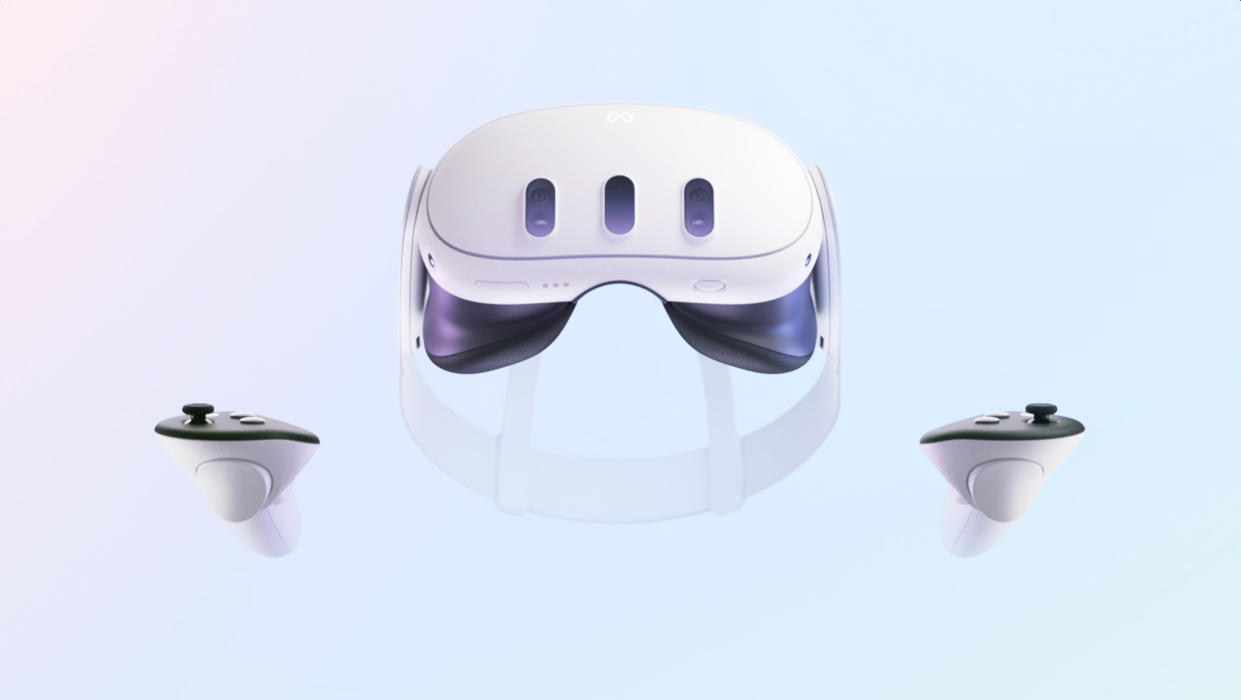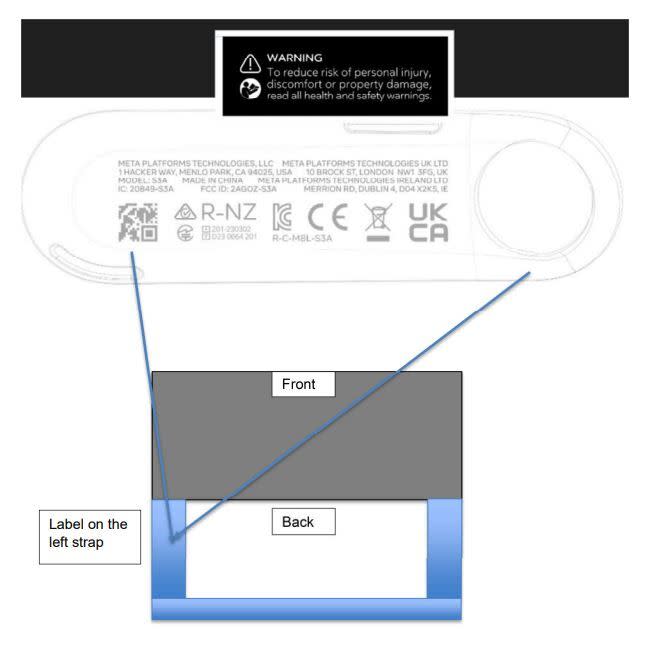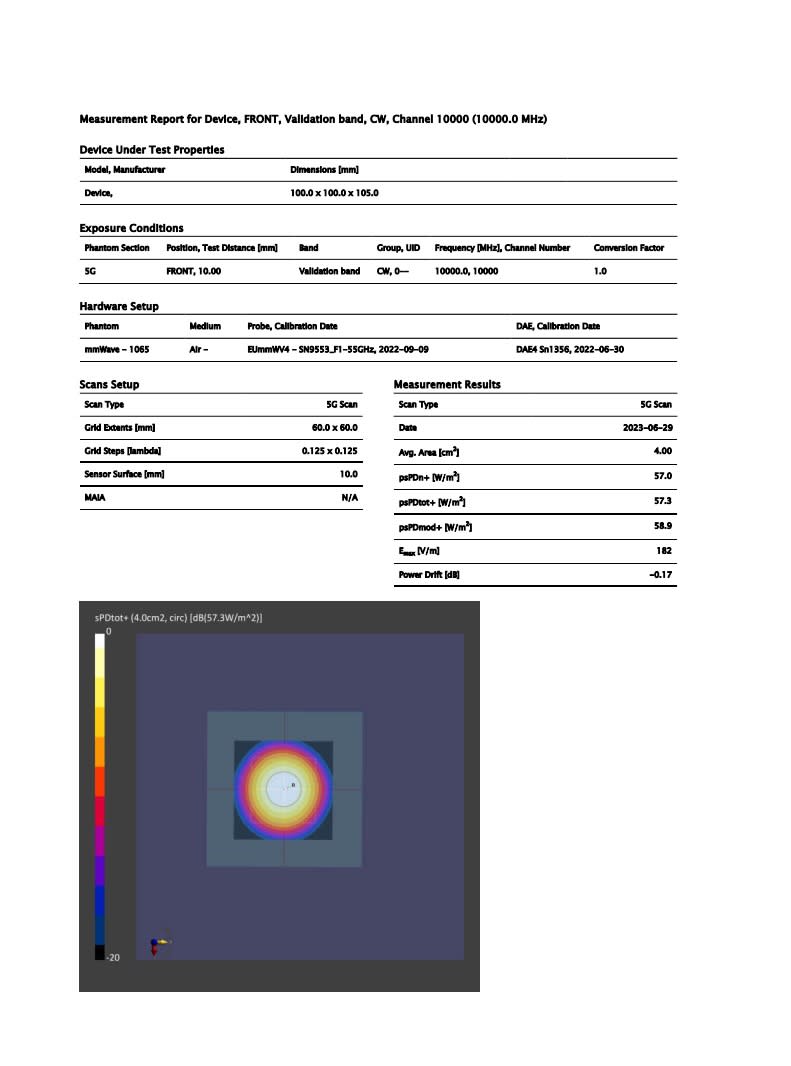Could the Quest 3 support 5G gaming? FCC filings suggest yes.

What you need to know
FCC filings from Meta for an unnamed VR headset indicate that the Quest 3 will have support for 6GHz bands (aka Wi-Fi 6E).
In addition, supplementary materials show that the Quest 3 was tested using a 10GHz mmWave radio, indicating possible 5G support.
A previous Quest 3 leak indicated Meta was working on "Project Razor," an initiative to enable cloud VR streaming on Quest headsets.
The Meta Quest 3 will get its full unveiling on September 27 at Meta Connect. So it's no surprise that the headset made its way to the FCC for approval on August 3, prior to a probable October launch. One thing that is surprising: the Quest 3 may support 5G connectivity.
Upload VR's David Heaney first spotted Meta's FCC filings for an unnamed VR headset, noting that while "Quest 3" isn't listed anywhere, "the headset's strap arm with its new curved speaker is clearly depicted in the Label Location document."
In the "General Specs" category, you find mentions of Bluetooth, Wi-Fi 2.4GHz, 5GHz, and 6GHz. The latter band is exclusive to the Wi-Fi 6E standard, meaning that people with Wi-Fi 6E routers will be able to stream PC VR games over Air Link at faster speeds than with the Quest 2.

Here's where things get interesting. In the Appendices for the filing, I also spotted information on Meta apparently testing "exposure conditions" for a 10GHz 5G mmWave radio placed 10mm away. It specifically says, "5G Scan" for the scan type, too.
While we can't be certain, it certainly looks like Meta is testing to confirm to the FCC that any radiation levels from a 5G chip inside the Quest 3 are within acceptable consumer parameters.
We reached out to Meta for comment and will update this piece if we receive a response.

What would Meta use a 5G chip for inside the Quest 3? Last year, VR analyst Brad Lynch leaked Quest 3 information claiming Meta was working with Verizon, AT&T, and other U.S.-based carriers in a partnership called "Project Razor." Razor would, in theory, allow Meta to stream "cloud-first content" on Quest headsets without relying on the internal hardware over 5G networks, using something called "Mobile Edge Compute."
It's entirely possible that we're reading this 5G testing information incorrectly. But if the Quest 3 has support for 5G connectivity, it would future-proof the headset to work for cloud VR gaming. This, in turn, would mean you'd no longer need a VR-ready PC to play games that the alleged Snapdragon XR2 Gen 2 chip inside the Quest 3 can't handle.
The Snapdragon XR2 Gen 2 supposedly is a redesigned variant of the Snapdragon 8 Gen 2 chip found in 2023 flagship phones, so it makes perfect sense that the Quest 3's chip could easily support a 5G modem with mmWave capabilities — possibly the Snapdragon X70 5G.
We're curious to see whether Meta makes 5G the next stage of its VR Metaverse plans. 5G streaming, while fast, could still have issues with latency; 5G VR gaming could make users susceptible to nausea if there's too much of a delay. But it's still the only way Meta can make games with more realistic graphics that compete with current consoles.
Otherwise, if the Quest 3 isn't 5G-compatible, we at least know that the headset will stream PC games wirelessly faster than ever, using Wi-Fi 6E support.

